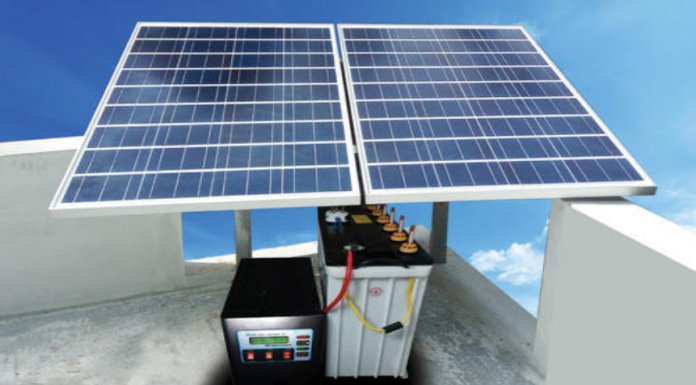Shell Foundation and DFC have signed a partnership to strengthen their investments in renewable energy in Africa and Asia.
- The Shell Foundation and U.S. Development Finance Corporation (DFC) have signed a partnership agreement to invest $145million by 2025 in renewable energy in Africa and Asia.
According to Afrik 21, the two partners are strongly committed to investing $145million to enable them to support the African private sector, particularly small electricity producers who install clean energy systems in rural areas.
What they are saying
According to Dev Jagadesan, Acting CEO of the DFC said;
“The new partnership has the potential to expand the pool of investment opportunities that DFC can make by providing deeper connections to a portfolio of energy investments that the Shell Foundation has built in tandem with the UK Foreign, Commonwealth and Development Office (FCDO), Power Africa and the US Agency for International Development (USAID) over the past five years – and by providing information, co-financing and guarantees that reduce the risk of supporting new types of businesses in emerging sectors.
“We are delighted to work with the Shell Foundation to help companies grow through commercial financing, a sign of long-term sustainable development while prioritizing women’s economic empowerment and supporting economic growth as countries continue to respond to the Covid-19 pandemic.”
What you should know
- DFC is committed to providing $100 million by way of debt and equity.
- While the Shell Foundation would deploy more than $45 million in grants by 2025 to build a network of high-growth, high-impact businesses that provide distributed renewable energy (DRES) to households, farmers, and businesses in off-grid areas in Africa and Asia.
- DFC intends, through this partnership, to give a boost to the Power Africa initiative launched in 2013 by former US President Barack Obama, with the aim of generating 30,000 MW to electrify 60 million homes and businesses in Africa.
- DFC as well wants to utilize the platform to economically empower the rural women in Africa, through the growth of social enterprises that would provide essential renewable energy services especially to people living on $2 to $10 a day in off-grid areas.





